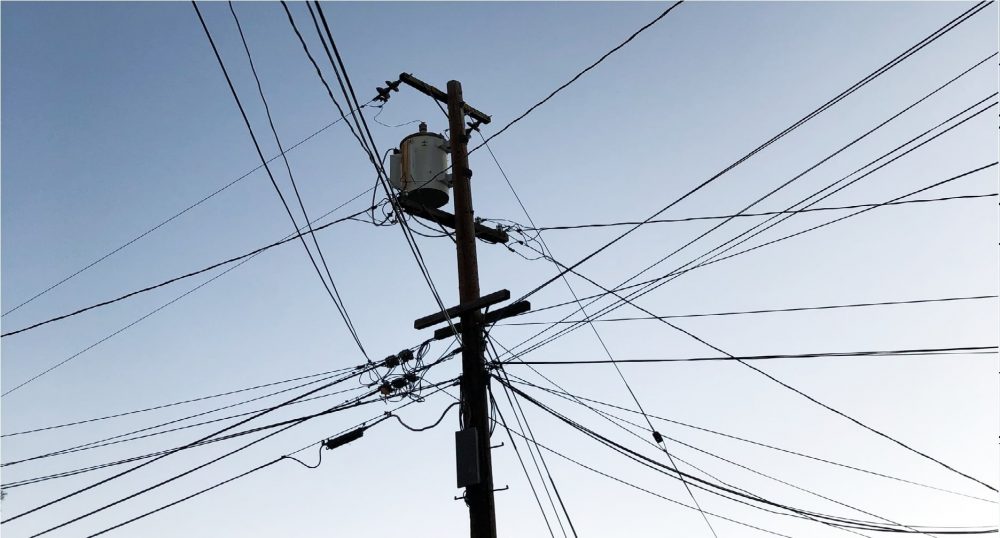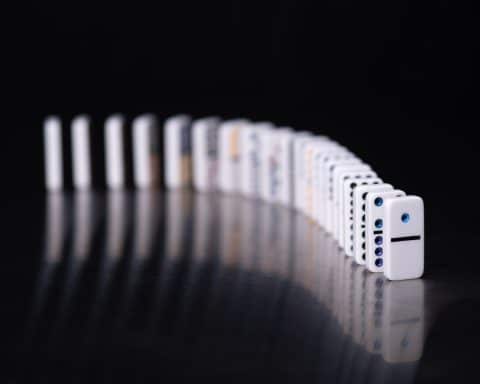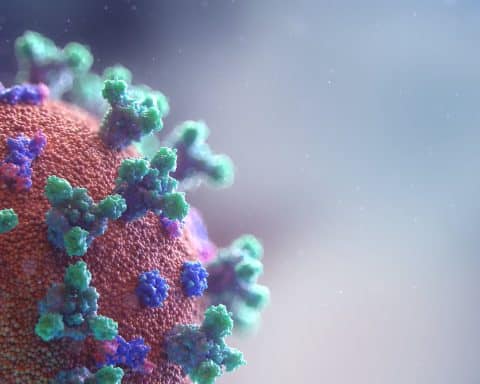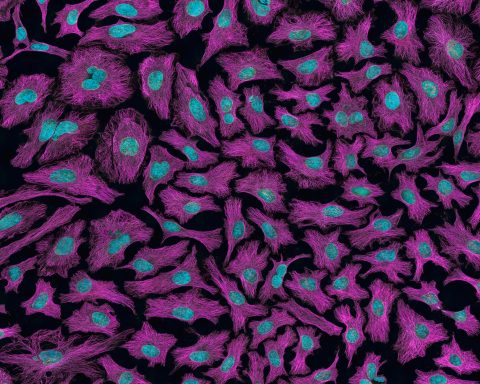Frances Simpson is a founding member of LongCovidKids and LongCovidSOS and a Lecturer in Psychology at Coventry University. She is on Twitter: @FrancesorFran
Carolyn Chew-Graham is a GP in Central Manchester and Professor of General Practice Research at Keele University; Carolyn’s main areas of interest include the primary care management of people with multiple health conditions and difficult to understand symptoms which are key components of her clinical work. She is on Twitter: @CizCG
Amali Lokugamage is a consultant in obstetrics and gynaecology, and honorary associate professor and currently has long covid. She is on Twitter: @Docamali
Parents have been struggling to obtain help and support, watching their children with persistent symptoms following acute infection with COVID-19. Early on in the pandemic, parents and children felt they were disbelieved by their general practitioners (GPs) as they witnessed an emerging phenomenon. As ‘Long-COVID’ came to be recognised in adults1 and named as such by patients2 there came to be a growing acceptance that Long-COVID can also occur in children as evidence emerged.3 Indeed, ONS statistics suggest that 12-15% of children may have symptoms lasting 5 weeks after an acute infection with COVID-19.
12-15% of children may have symptoms lasting 5 weeks after an acute infection with COVID-19.
The lack of GP awareness has led to some parents whose children have long-COVID feeling that their children’s symptoms were minimised or even ‘gaslighted’; experiences that were highlighted in the recent All Party Parliamentary Group (APPG) about Long Covid in children on 26th January 2021. Parents described desperation and fear of seeking further help, not wanting to be branded with the stigma of ‘Munchausen by proxy’. While the adult population of Long-COVID sufferers were assembling on social media groups and collecting data, children were discounted under the misconception that children did not get COVID severely, that they did not transmit COVID, that they were often asymptomatic.4 Even when the facts of paediatric inflammatory multisystem syndrome temporally associated with COVID-19 (PIMS-TS) in children started to present themselves,5 it was understood that this was very rare. When parents started to wonder why their children were becoming ill from COVID and not making a full recovery, there was no narrative in existence that helped them to make sense of this.
Parents described desperation and fear of seeking further help.
Through desperation, mothers Frances Simpson and Sammie McFarland, whose children became sick in March 2020, joined forces to start the support group LongCovidKids. These families found themselves in a confusing place of being told that there was no proof that their childrens’ symptoms were a result of COVID, due to the lack of testing available in Spring 2020. LongCovidKids has evolved to provide support for families with Long-COVID; this now has 940 parents or carers, many of whom have more than one child with Long-COVID. Symptoms described by members of the group range from the most common symptoms of fatigue, headache, abdominal pain, dizziness and muscle pain to the most frightening to parent – electric shock-like pain in the eyes and head, nerve pain, testicular pain, liver damage, paralysis and new-onset seizures; some of their experiences are captured in a film.
Parents have noted that their children are also affected by anxiety, OCD and extremely volatile mood changes which may be associated with neuro-inflammatory processes6 as well as a natural response to being so unwell. The majority of parents would describe their child’s symptoms as fluctuating, and many describe a gap of many weeks between the acute stage and the start of Long-COVID. This variability causes further confusion when presenting the problems to a GP and often leads to diagnoses of anxiety or symptoms attributed to the effects of lockdown or home-schooling.
Children are also affected by anxiety, OCD and extremely volatile mood changes which may be associated with neuro-inflammatory processes.
The combination of an often mild or asymptomatic acute illness, followed by delayed debilitating symptoms of Long-COVID, lack of testing and limited awareness amongst GPs about the syndrome has meant that in the UK it is currently difficult to assess the prevalence of Long-COVID in children. The ONS data has now given us some estimation and the recent European data helps to validate this emerging condition in children.3
NHS England now recognises that Long COVID in children needs urgent evaluation and as this official recognition, epidemiological evidence and long-COVID paediatric services evolve, it is hoped that GPs will be provided the resources they need to support families where children are affected by Long-COVID.
In consultations with parents and children, it is preferable to admit to the limitations of knowledge, whilst being interested in the experiences of the family, believing in presented problems and offering support, help and referral. Parents who are frightened for their child need to feel listened to, and the child needs their experiences to be validated. After all, their lived experiences are also valuable evidence.
References
- Greenhalgh T, Knight M, A’Court C, Buxton M, Husain L. Management of post-acute covid-19 in primary care. BMJ2020;370:m3026. doi:10.1136/bmj.m3026 pmid:32784198
- Body Politic COVID-19 Support Group. Report: what does covid-19 recovery actually look like? 2020. https://patientresearchcovid19.com/research/report-1/
- Buonsenso D, Munblit D, De Rose C et al; Preliminary Evidence on Long COVID in children. medRxiv 2021.01.23.21250375; doi: https://doi.org/10.1101/2021.01.23.21250375
- Zimmermann P, Curtis N. Why is COVID-19 less severe in children? A review of the proposed mechanisms underlying the age-related difference in severity of SARS-CoV-2 infectionsArchives of Disease in Childhood Published Online First: 01 December 2020. doi: 10.1136/archdischild-2020-320338
- Harwood R, Allin B, Jones CE et al; PIMS-TS National Consensus Management Study Group. A national consensus management pathway for paediatric inflammatory multisystem syndrome temporally associated with COVID-19 (PIMS-TS): results of a national Delphi process. Lancet Child Adolesc Health. 2021 Feb;5(2):133-141. doi: 10.1016/S2352-4642(20)30304-7. Epub 2020 Sep 18. Erratum in: Lancet Child Adolesc Health. 2021 Feb;5(2):e5. PMID: 32956615; PMCID: PMC7500943.
- Mazza MG, De Lorenzo R, Conte C et al; COVID-19 BioB Outpatient Clinic Study group, Benedetti F. Anxiety and depression in COVID-19 survivors: Role of inflammatory and clinical predictors. Brain Behav Immun. 2020 Oct;89:594-600. doi: 10.1016/j.bbi.2020.07.037. Epub 2020 Jul 30. PMID: 32738287; PMCID: PMC7390748.








